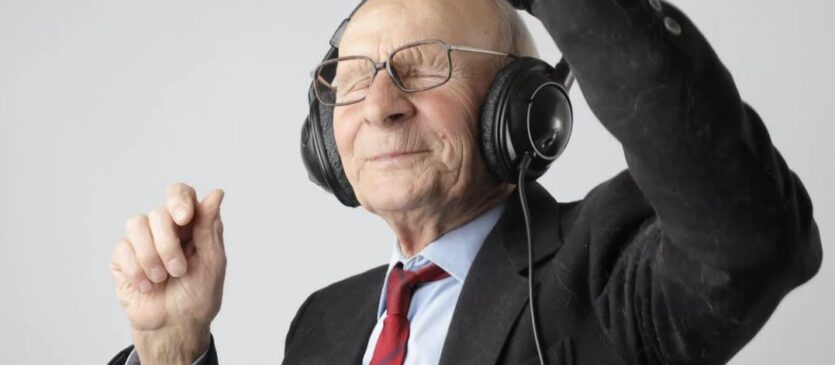Hearing loss can make an older person feel neglected. It can cause feelings of loneliness and isolation. Also, it can increase their risk of falls, depression, and even dementia. You may notice that your loved one who is hard of hearing used to be vibrant and cheerful. However, they are now withdrawn or even ill-tempered.

Communication Tips for Elderly Who are Hard of Hearing
If you have a loved one who has hearing loss or having signs of being hard of hearing, then you may try these tips so you can better communicate with them.
- Reduce background noise when having conversations. Turn off the television or music, or go to a quieter place when talking to an older loved one with hearing problems.
- Get their attention before starting a conversation with them. You may gently touch their hand or shoulder before talking to them.
- Face them and let your lip movements, hand gestures, and facial expressions show as you converse with them. This makes it easier for them to find context in what you’re saying and understand you better.
- If a loved one has good or adequate vision, you may stand 3 to 6 feet from them, and make sure you have adequate lighting.
- Don’t speak directly into their ear. This may distort sound and hide visual cues.
- Speak loudly with a modulated voice. Don’t shout as this also distorts sound. Check in with your loved ones if they can hear you clearly from time to time before you continue.
- Speak in moderate speed. You may check in with them if you need to slow down your speech even further. Leave pauses between sentences to ensure understanding.
- Don’t talk with your mouth full or when you’re chewing gum. Make sure your words are clear.
- Write notes, point, or use gestures when there’s a lot of background noise or they just can’t understand you.
- Be patient and encourage your loved one to tell you if they miss anything. Repeat what you said and you may also paraphrase slightly. Try shorter, simpler sentences.
It’s important to get them checked so that they can get the right treatment and aid that they need. There are audiologists who can check them and provide them with the right hearing aids to help make their lives better and more convenient.


Recent Comments